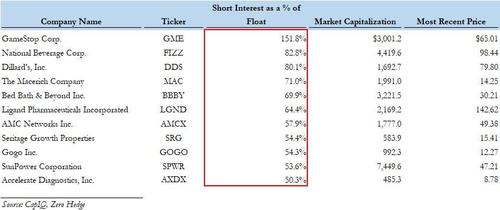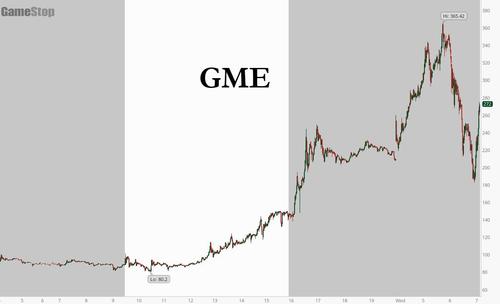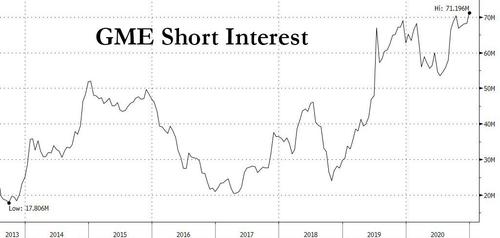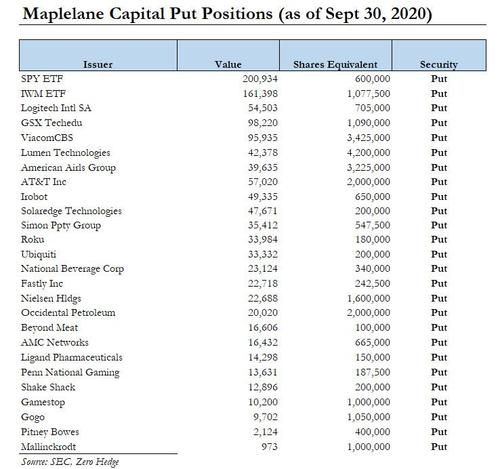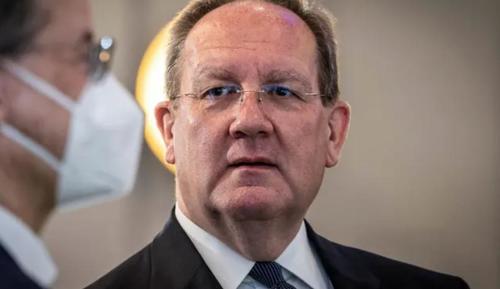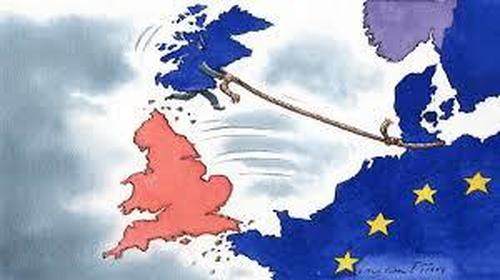
With Americans beset by multiple crises, there’s at least a glimmer of hope that one problem—the collapse of public schools under the stress of the pandemic—may offer a partial solution to another: the deepening political polarization reflected in bitter fights over lesson content.
As families flee government institutions that seem incapable of offering education of any sort, let alone one on which all can agree, they leave behind squabbles over what students are taught in favor of educational approaches and curricula that better suit their preferences.
“The books have the same publisher,” Dana Goldstein wrote just over a year ago in a piece for The New York Times examining textbooks in California and Texas. “They credit the same authors. But they are customized for students in different states, and their contents sometimes diverge in ways that reflect the nation’s deepest partisan divides.”
This was hardly the first time curriculum wars—tracked in detail by the Cato Institute’s Public Schooling Battle Map—made the headlines. Michigan officials fought for years over such details as whether students should be taught that the country is a “republic” or a “democracy” and which amendments in the Bill of Rights should be emphasized.
“First, conservatives complained about a draft of new social studies standards for Michigan classrooms,” as Bridge, a local publication, summarized the debate in 2019. “Then, liberals complained about a rewrite of those standards that appeared to favor conservative views.”
Nor has the effort to politically mold classroom lessons faded away in the past year. In recent months, the exiting Trump administration added to the drama with a crude proposal embodied in its 1776 Report to promote “patriotic education” as a rebuttal to a curriculum derived from The New York Times‘s deeply flawed 1619 project, which emphasizes the roles of slavery and racism to the exclusion of other factors in the country’s history. The incoming Biden administration promptly reversed its predecessor’s efforts.
“The 1776 Report is a political document, not a curriculum,” Patrick Riccards concluded at the education-oriented The 74.
“The 1619 Project is a thesis in search of evidence, not the other way around,” cautioned The New York Times‘s own Bret Stephens.
The reasons for the never-ending battles are obvious. “Classroom materials are not only shaded by politics, but are also helping to shape a generation of future voters,” Goldstein wrote in her piece last January. That is, politicians and activists hope to mold the country of the future by propagandizing the students of the present.
There’s no reason whatsoever to expect these battles to become less intense in the future. Americans are deeply divided over politics, values, and the perils they see in each other.
As of 2019, “55% of Republicans say Democrats are ‘more immoral’ when compared with other Americans; 47% of Democrats say the same about Republicans,” according to Pew Research.
“Most Americans (54%) now think that the biggest threat to their way of life comes from domestic enemies,” CBS News/YouGov found just last week.
If Americans were uncomfortable with the ways their political foes spun school lessons in the past, imagine their feelings about having classrooms under the control of immoral enemies!
The saving grace is that a growing number of Americans are leaving curriculum battles behind. As government-run schools—often in the grip of intransigent teachers unions— struggle to deliver education of any sort, families flock to alternatives of their own choosing. Seeking either in-person teaching or else competent implementations of remote learning, students flee public schools for independently managed charter schools, private schools, and homeschooling variations including learning pods and microschools.
Many of those students may return to public schools after the pandemic passes to avoid greater effort and expense. But other families are expected to stick with their new education choices, out of disappointment with the performance of traditional schools as well as comfort with the new experiences.
The pandemic could permanently boost homeschooling “partly because people who haven’t really thought about it before suddenly saw themselves forced into [home schooling], and then realizing that it’s something they can see themselves doing,” Christopher Lubienski, a professor of education policy at Indiana University, told Education Week in November.
“COVID-19 is a catalyst for families who were already skeptical of the traditional school system—and are now thinking about leaving it for good,” agreed Emma Green in a September article for The Atlantic.
As those families leave the public schools for options of their own choosing, they’re not only selecting teaching approaches that work for their kids, they’re also picking curricula or, at least, learning environments with which they’re comfortable.
That’s exactly what troubles supporters of the education establishment such as Harvard Law School’s Elizabeth Bartholet. She favors a “presumptive ban” on homeschooling in part because families might teach their children “views and values counter to much of the education provided in public schools,” as she infamously argued last year in the Arizona Law Review. Ironically, Bartholet’s article appeared almost as The New York Times exposed the competing ideological biases in public school textbooks. And, within months, the public schools she champions buckled under the stress of dealing with the pandemic and families began looking for other education options.
Perhaps Bartholet’s knee-jerk rejection of family-chosen education would have been softened by more exposure to those alternatives. “Greater exposure to private schooling instead of traditional public schooling is not associated with any more or less political tolerance, and greater exposure to homeschooling is associated with more political tolerance,” according to research published in 2014 by the Journal of School Choice.
What a salve more tolerance could prove to be for a country divided into hostile tribes who view each other as immoral enemies. And what a lot of time and energy can be diverted from ideological wars to education when families choose their children’s lessons instead of fighting with each other over the content.
In the end, school choice may prove to be a path not only to better education but also to greater diversity of viewpoints and, perhaps, a little less conflict between people who think differently.
from Latest – Reason.com https://ift.tt/2M7Y9vc
via IFTTT

